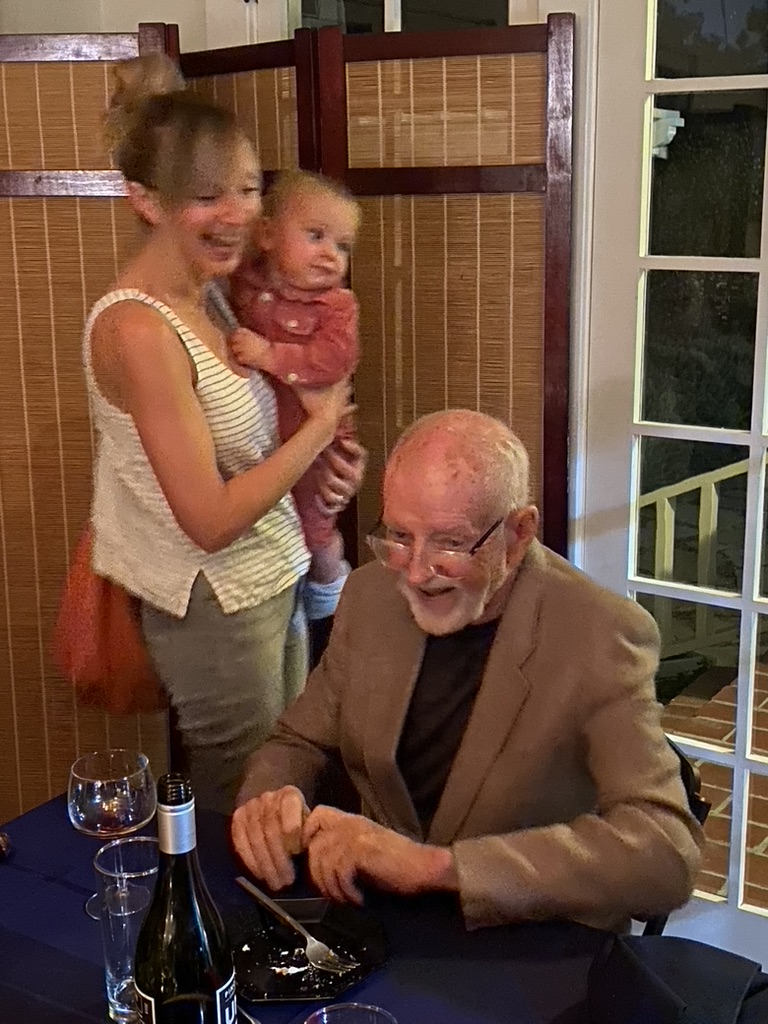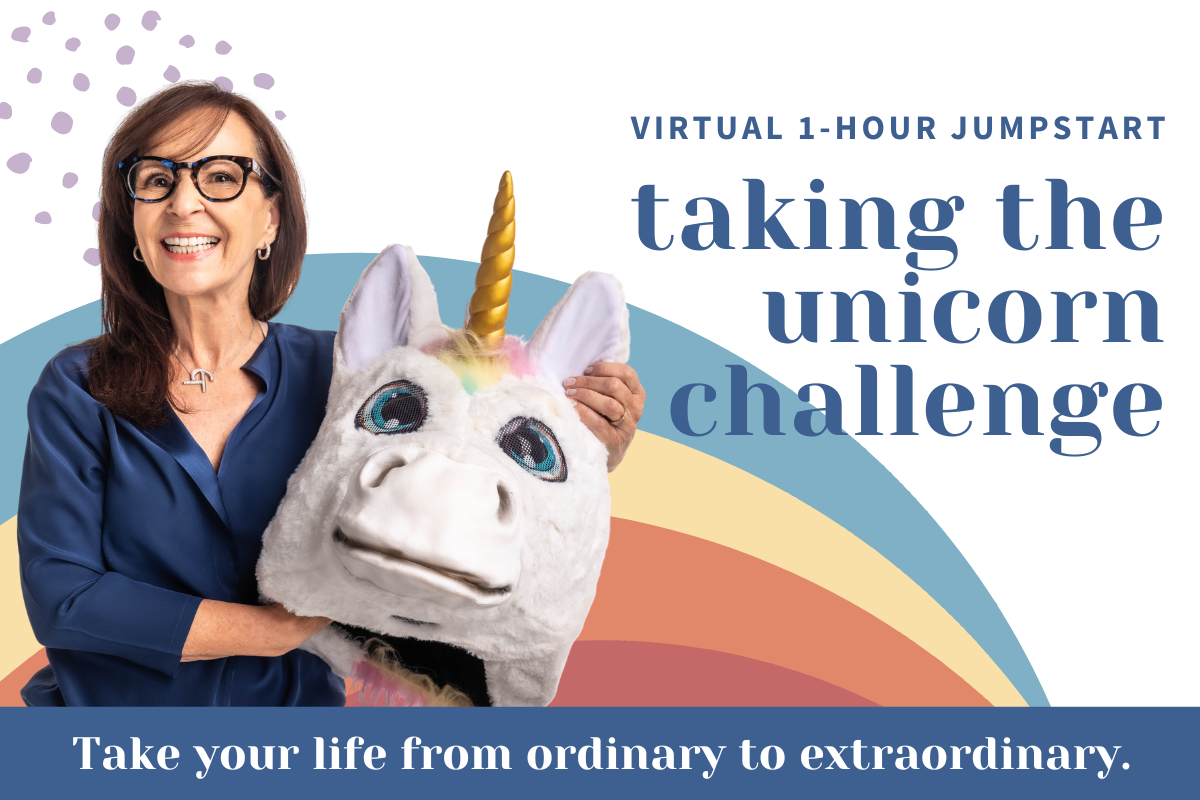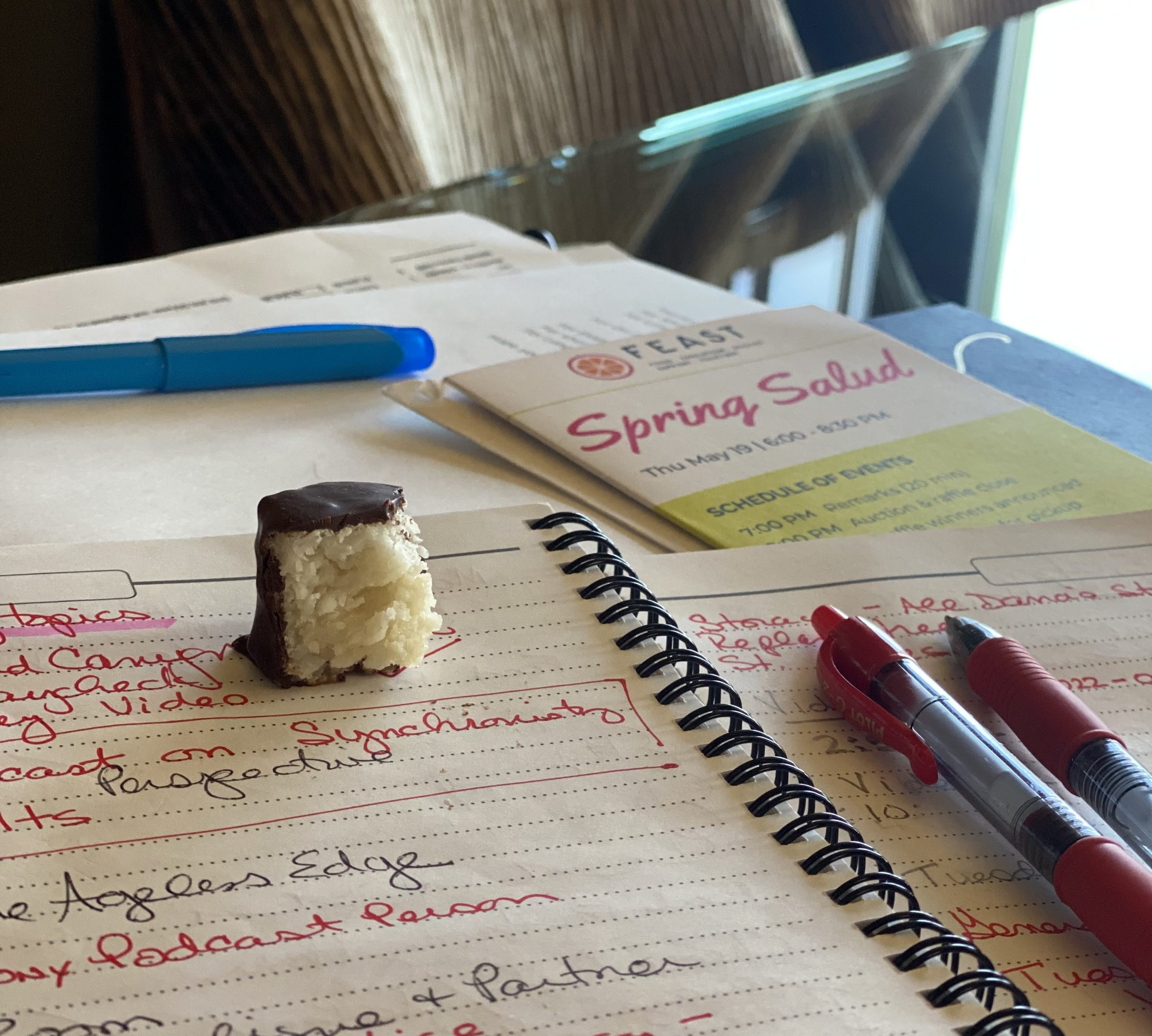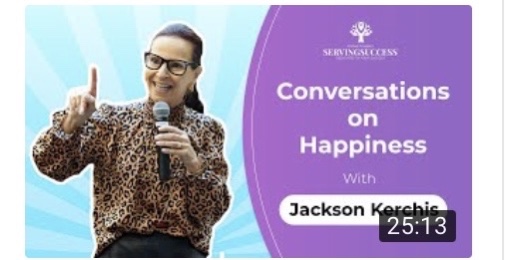How much happiness do you derive from your friendships? How much does the gift of friendship cost? What about all your other life relationships?
I am not looking for a dollar figure since I doubt there is one anyone of us could agree upon. I am speaking about the true value you place in your life on the friendships and relationships you have developed.
Over the Thanksgiving holiday I had a surprising conversation with a friend. When we started talking about the changes in our lives and work over the last 20 months, the physical shift in availability of our relationship circles came out loud and clear. We not only worked different from different locations, so did almost everyone in our lives. That meant we not only did not have our coworkers and/or clients around, we did not have our hiking buddies, our happy hour buddies, movie buddies or the same people to come over to our homes once we started doing that again. We were not talking about people we lost through death. We were talking about all the rest of the people in our day-to-day lives. We were once again reminded that the last 20 months did not happen to us, they happened for us to learn from. We then began to explore the impact of all those changes and what it means to us as we move into 2022.
Then as the internet gods would have it, I received two pieces of information about the exact same topic within days. The first was an email from the organization I first learned about when I took my Authentic Happiness Coaching certification in 2003/2004. The founder, Ben Dean, PhD and his organization, Mentor Coach continues to be a foundational learning platform for me. The piece that follows is an excellent exercise. I always give a Harvard Business Review article to new clients that addresses this, yet this specific exercise is easier to see the gaps in your life. I hope you benefit from it as much as I did.
For any of you thinking about a career shift into coaching in 2022, I have left their current class offering.
The second, is a new podcast episode from friends at Live Happy Now. The topic is Overcoming social anxiety in a post-pandemic world with expert Rachel DeAlto. Check it out!
The Circle of Social Support
By Ben Dean, PhDA Promise
If you’ll fill out the deceptively simple Circle of Social Support in this essay, you will find the results to be interesting, engaging, and useful. Your clients will find it engaging as well.
Why Social Support Matters
As Harvard psychologist, Dan Gilbert, says, “(S)ocial relationships are a powerful predictor of happiness—much more so than money. Happy people have extensive social networks and good relationships with the people in those networks. (Gilbert, 2004).
For research that supports the relationship between social relationships and happiness, see Biswas-Diener & Diener, 2001; Myers, 1999; Diener & Seligman, 2002; and Sheldon, Elliot, Kim, & Kasser, 2001. For other measures of social support, see Nick, E.A. et al (2018).
The Circle of Social Support
Here’s a cool way to breakdown and measure your social support–using the actual names of each person in it. No, it has not been rigorously validated. But there’s strong face validity. And, as you’ll see, it works. It’s quick. And clients find it engaging, often revealing.
How to Fill Out the Circle of Support
- Print out the Circle of Social Support.
- “Self” refers to you.
- Add today’s date. This is a snapshot in time.
- Think of the actual persons that fall within each category. How many true friends do you have? What are their names? How close are you to them? Place each person within their dimension. To save space, use their initials and then circle them.
- Important: Place the person in the category in terms of how close you feel to them. Very close might be touching the circle of “self.” Distant would be nearer the outer circle.
- A given person may be in more than one category—for example–both “friendship” and “peer-professional.”
Category Definitions
- Intimacy. Often a spouse, partner, significant other, romantic partner, typically includes a high degree of reciprocal self disclosure.
- Family. This does not include one’s intimate partner. It can refer to one’s nuclear family and/or extended family. A client can cut this slice in half and explicitly label one nuclear, one, extended.
- Friendship. A person whom one knows, likes and trusts. Marked by mutual acceptance.
- Peer-Professional–Colleagues. Those with whom you have professional relationships, where you receive feedback that your work matters in the world.
- Mentor. Relationships in which you are the mentor or in which you nurture others. This could apply to the typical mentor, teacher, coach, therapist, parent.
- Mentee. Relationships in which you have a mentor, where you are the protege, in which you receive nurturance/learning/care from another.
- Other. Any other relationship the client feels is important.
Patterns Revealed
As you work with a number of clients, you will see patterns begin to emerge. For example:
- The client whose mentoring slice is filed with dozens of people but their mentee circle is and always has been empty.
- The work-at-home dad or mom with many friends but nothing in the peer-professional slice, and no feedback that their work matters in the wider world.
- The man or woman with only a few distant initials in the friendship slice.
- The isolated self-employed person whose friendship and peer-professional slices have gradually reached their currently depleted status.
- The person with many initials appearing in every dimension of the circle (who will almost invariably rate themselves as very happy).
Uses
- Simply taking it is valuable. Provides clarity and often insight.
- Quickly shows strengths and deficits.
- Target a particular domain to improve–look at current practice, barriers, new strategies.
- Retake this test periodically. Track changes. Check for corresponding changes in happiness and life satisfaction.
- Fill this out retrospectively (a) for one’s whole adult life or (b) by decade of life.
- In future newsletters, we’ll talk about strategies for increasing individual elements of social support.
Note
Roughly 25 years ago I saw something that was similar to this. I have never seen it in print. I cannot remember the source. I would love any information about similar measures of relationships.
Resources and References
Biswas-Diener, R., & Diener, E. (2001). Making the best of a bad situation: Satisfaction in the slums of Calcutta. Social Indicators Research, 55, 329-352.
Diener, E., & Seligman, M.E.P. (2002). Very happy people. Psychological Science, 13, 81-84.
Gilbert, D. (2004) Affective forecasting…or…the big wombassa: what you think you’re going to get, and what you don’t get, when you get what you want. A Talk with Daniel Gilbert. The Edge, http://www.edge.org/3rd_culture/gilbert03/gilbert_index.html.
Myers, D.G. (1999). Closer relationships and quality of life. In D. Kahneman, E. Diener, & N. Schwarz. (Eds.), Well-being: The Foundations of Hedonic Psychology (pp. 374-391). New York: Russell Sage.
Nick, E.A., et al (2018) The online social support scale: measure development and validation. Psychological Assessment. 30(9): 1127-1143.
Sheldon, K.M., Elliot, A.J., Kim, Y., & Kasser, T. (2001). What is satisfying about satisfying events? Testing 10 candidate psychological needs. Journal of Personality & Social Psychology, 80, 325-339.
*~*~*~*~*~*
3. MentorCoach® Classes
A. Foundations Programs
The Foundations Program is our flagship, accelerated 21-week coach training program.
Our first Foundations Class began 23 years ago. It was called MCP 1 (MentorCoach® Program 1). Now we have arrived at MCP 251 and MCP 252, the 251st and 252nd cohorts of students who will go through this 21-week training program. Pat and Michelle are extraordinary coaches and trainers. After 23 years, we know how to teach this program. These will be amazing class.
100% Live Zoom Webinar, ICF Accredited Coach Training.
Foundations: MCP 252
21 Thursdays
6:00 pm – 7:30 pm Eastern (New York Time)
Starts: Thursday, January 13, 2022
Michelle M. López, PhD, CMC, CEC, PCC
All Information and to EnrollFoundations: MCP 253
21 Wednesdays
12:00 pm – 1:30 pm Eastern (New York Time)
Starts: Wednesday, February 23, 2022
Pat Hinton Walker, PhD, RN, FAAN, MCC
All Information and to Enroll
B. Master Classes. View all master classes here.
- Coaching Assessments. Starts 1/8/22.
- Living and Coaching the Good Life: You and Your Clients. Starts 1/11/22.
- Positive Psychology Coaching and Flourishing. Starts 1/11/22.
- Foundations: MCP 252. Starts 1/13/22.
- Small Business and Entrepreneur Coaching. Starts 1/25/22.
- Intensive Individual Coaching Skills. Starts 1/31/22.
- Safe Passage: The New Ethics & Risk Management. Starts 2/7/22.
- Positive Psychology and Advanced ADHD Coaching – Adults. Starts. 2/21/22.
- Foundations: MCP 253. Starts 2/23/22.
_________________
MentorCoach®, LLC
Helping Accomplished Professionals Become Extraordinary Coaches
4400 E. W. Hwy/Ste 1104, Bethesda, MD 20814
301.986.5688 (o)
info@mentorcoach.com
www.mentorcoach.com






